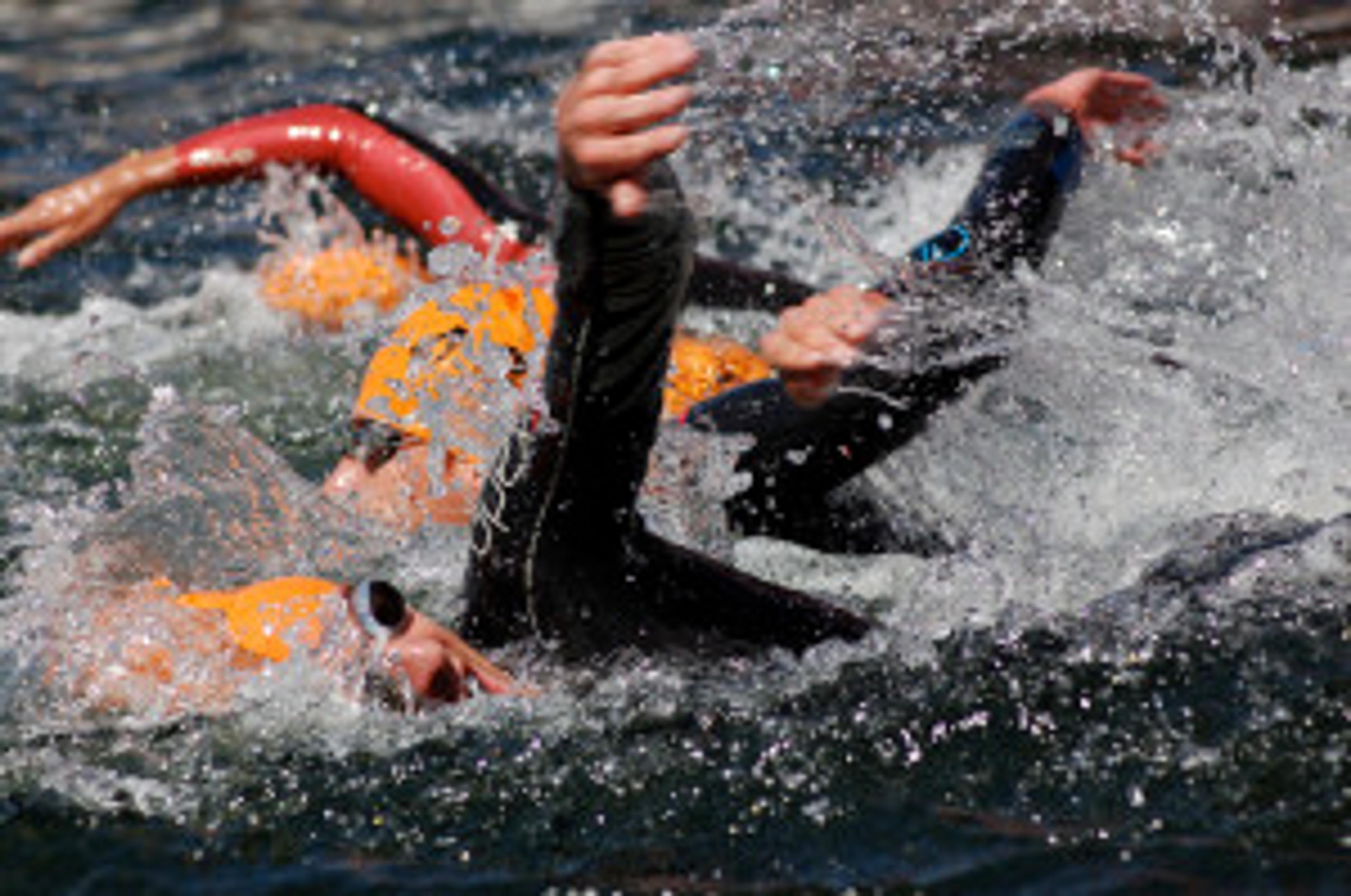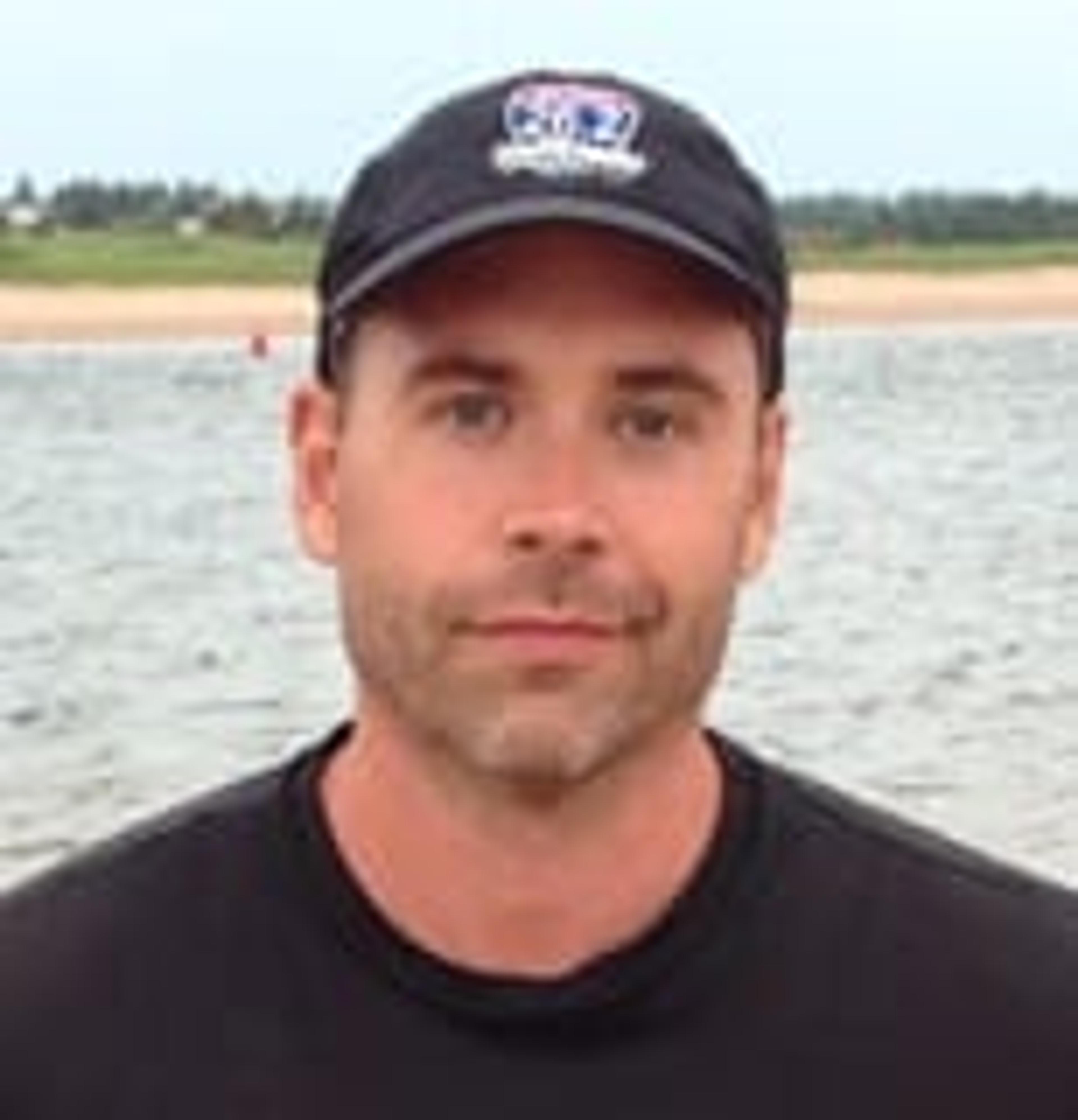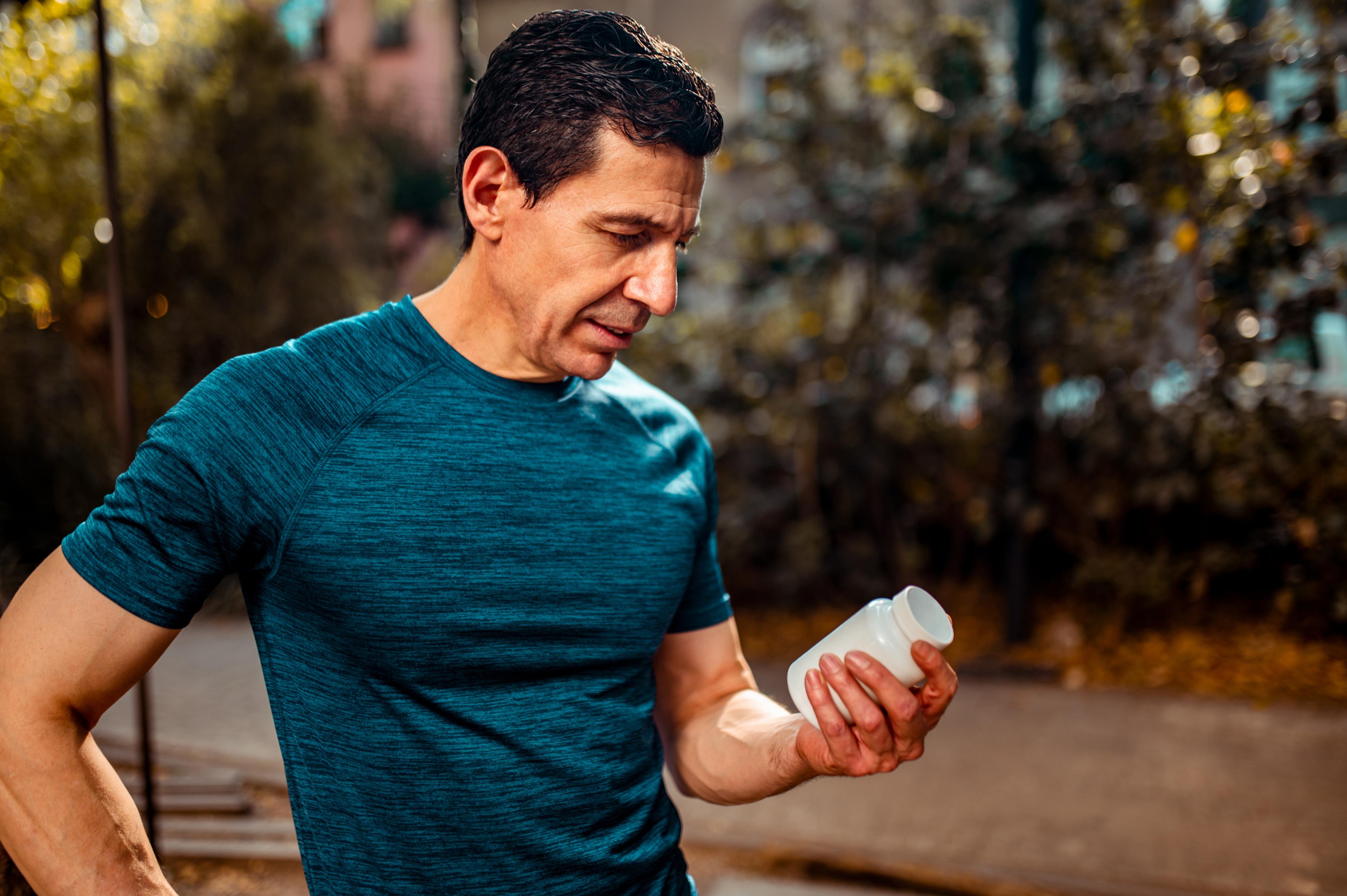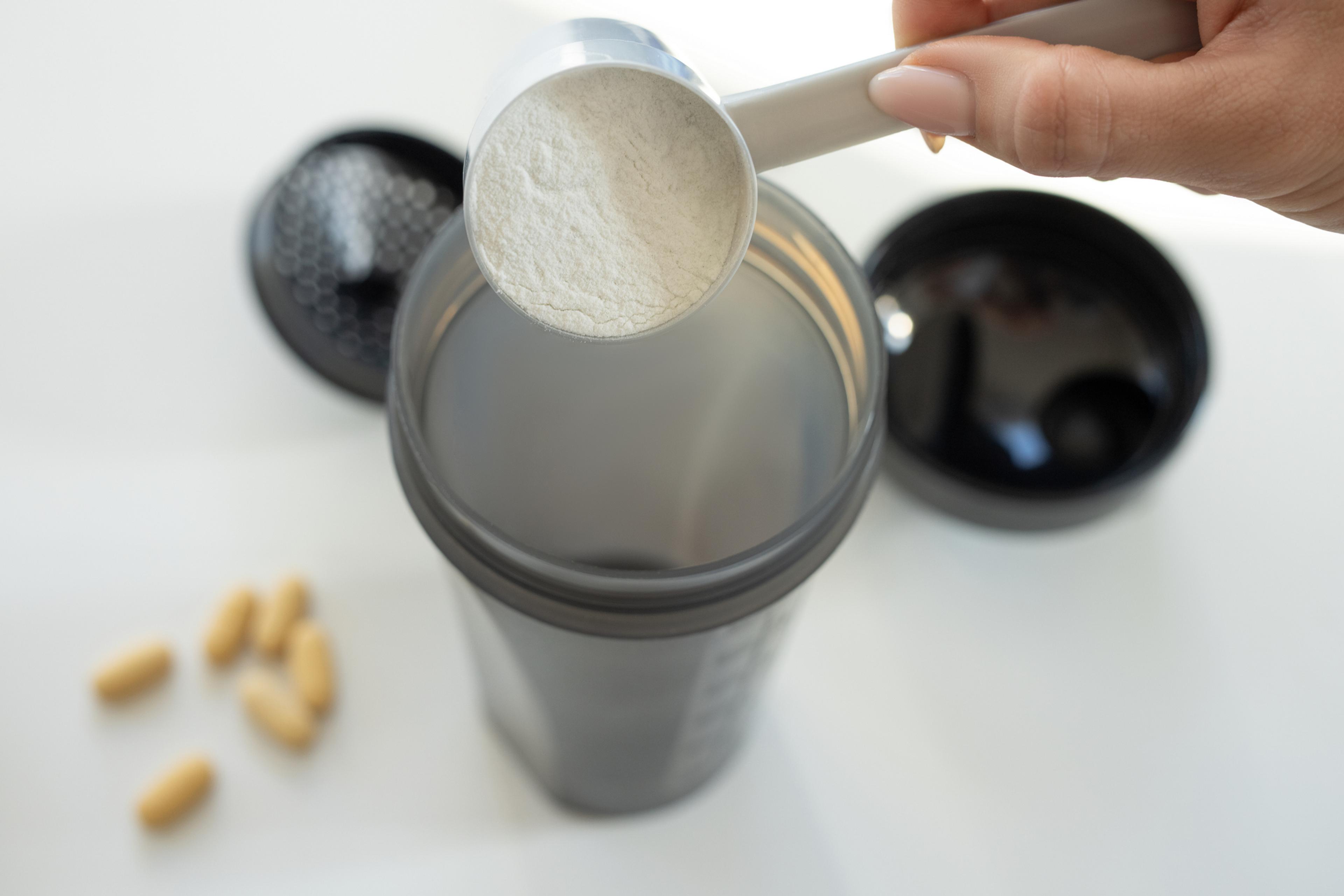#HealthyMe: From Overweight and Unhealthy to Competing in a Triathalon
Guest Blogger
| 4 min read

I went from having a completely sedentary lifestyle, and being out of shape, to competing in an Ironman branded triathlon race and other extreme endurance events in two and a half years.
I played Rugby in high school and college, and was very active, but by the time I started working at Blue Cross Blue Shield of Michigan, I smoked a pack of cigarettes every day and was overweight. Years later, I contracted pneumonia, which kept me out of work for a week, and was having difficulty breathing for weeks after. Now, over 200 pounds, and short of breath, I decided it was time to get back into shape and started going to a fitness center; I tried swimming but could barely complete a single lap (mostly floating around in a pool). Over time, I began swimming a few laps every day. After a few weeks, I could swim for about 20 minutes without resting.
The next thing I tried was running. I ran a very slow 5K for the first time in about 20 years, because I was still overweight and out of shape.
I joined Active Blue, an employee resource network at BCBSM, so I could network with other like-minded people, who believe in being active to improve their personal well-being.
As the weeks went by, I was swimming or running every day and the weight started coming off, my clothes start fitting better. Eventually, I had to buy new clothes that were a few sizes smaller.
My family and coworkers took notice of this and someone suggested that I attempt a short triathlon (swim + bike + run). I bought a bike and started training. Two months later, I completed a beginner’s sprint triathlon and had lost about 25 pounds of fat since the training started. The smoking and poor eating habits evaporated as I fueled my body with healthy food and began to have huge amounts of energy to unleash. Also, being lighter, I could now run faster and farther.
I started introducing my family to this new-found healthy lifestyle. I have five small girls who frequently train with me. I’ll pull them in a trailer on my bike, they’ll ride bikes alongside me as I run trails, and they are always at the finish line for every race. My oldest daughter, who is 8-years-old now, runs in races with me and competes in youth triathlons.
My next race was The Hungry Duck half marathon, which I ran in two and a half hours. Six months later, I ran a second half marathon (Brooksie Way) and beat my original time by almost a full hour.
I continued training for another eight months and then took on a full marathon – the Detroit Marathon. It was difficult and took me four and a half hours to complete.
Afterwards, I started spending more and more time exploring the limits of my endurance. I would disappear on Saturday morning and run endlessly around parks, taking random paths without much planning, just enjoying a body that didn’t get tired.
Getting bored with shorter races, I started exploring longer triathlons. I performed an Olympic distance triathlon and discovered another notable tri-athlete that works at BCBSM: VP of Finance Paul Mozak, the executive sponsor of Active Blue.
Eventually, I graduated to extreme distance, ultra marathon training and other adventure races. A 70-mile Ironman triathlon in Raleigh, North Carolina was my next race. This was the first time that I saw elite class competitors, some of the best tri-athletes in the world were competing for spots in the Las Vegas world championships. I was also inspired to race alongside participants that had huge personal obstacles: People in their 90s, people missing limbs, and other major handicaps that could make a two-mile swim, 56-mile bike ride, plus a half-marathon, seem impossible.
My last official race was part of a six man Tough Mudder team that completed a four hour, military style obstacle endurance race, complete with wall climbing, ice cold water swims, cliff jumps, mud conditions mixed with snow (or “snud” as I refer to it), and every conceivable difficultly the race organizers could devise.
Since then, I have returned to a more sustainable training regimen. The long hours on the road are fewer, but I realize how important personal fitness is, and what it can do to give you confidence, improve your health and your life.
Photo credit: ClaireWilliamsonPhotography

Ryan Rayner
Ryan Rayner is a Claims Systems manager for Blue Cross Blue Shield of Michigan and has been working for Blue Cross for 10 years.
This blog post is part of #HealthyMe, a personalized web experience based on your health and wellness goals. To sign up today, visit https://www.ahealthiermichigan.org/healthyme





